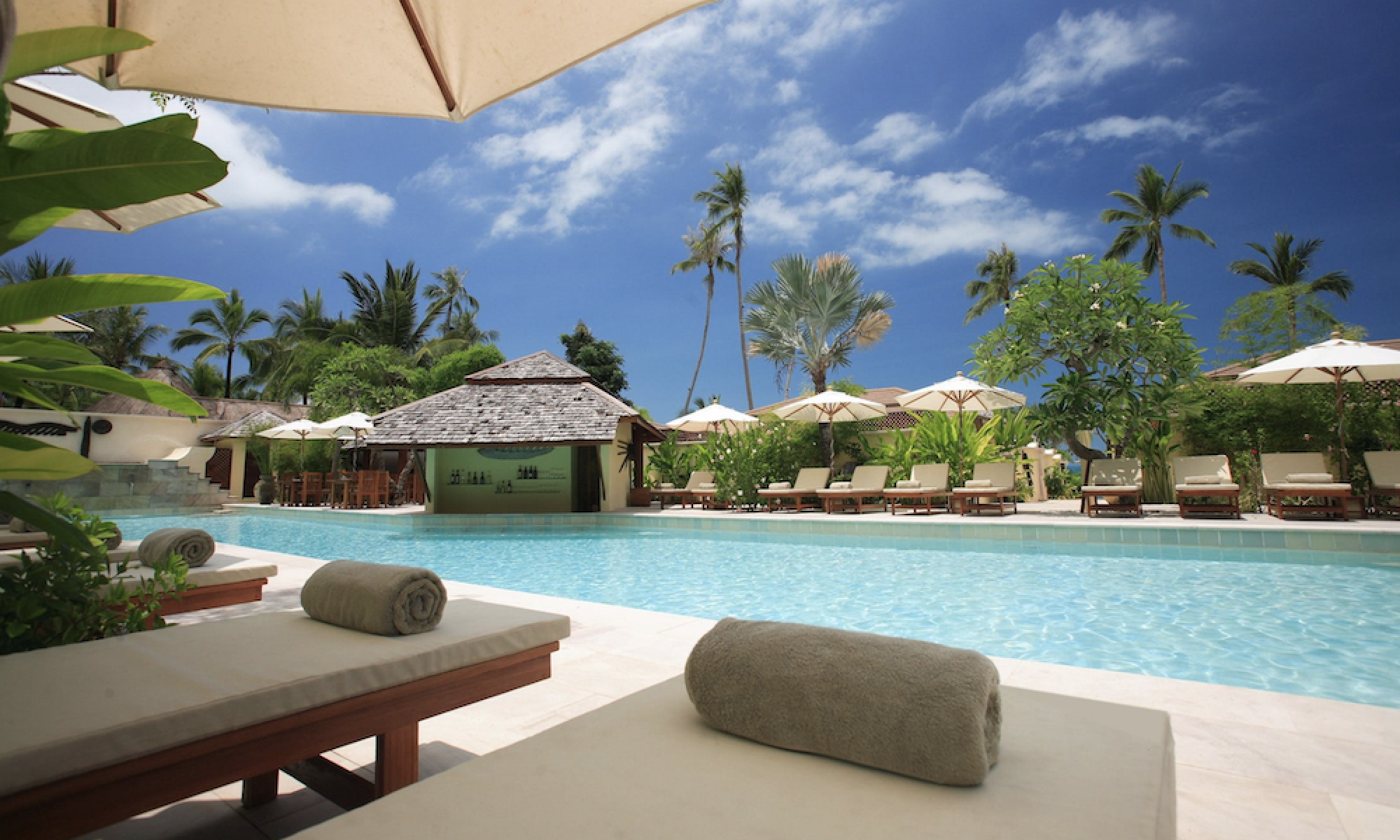The hotel industry has been undergoing a significant transformation in recent years, driven by changes in traveler preferences and advancements in technology. One of the key areas that hotels need to adapt to is their construction processes. Traditional construction methods are time-consuming, costly, and often inefficient. This is where modular building companies come into play. In this article, we will explore the reasons why hotels should seriously consider modular construction when embarking on new projects. We will delve into the advantages, the environmental benefits, and the future prospects of modular building in the hotel industry.
The Rise of Modular Construction
Modular construction, also known as off-site construction, has gained considerable traction in various industries, including residential and commercial real estate. In essence, modular construction involves building pre-fabricated components off-site and then assembling them at the project location. For hotels, this means constructing entire rooms or sections off-site and transporting them to the construction site for final assembly. This innovative approach is revolutionizing the hotel construction industry for several compelling reasons.
Speed and Efficiency
Traditional hotel construction can be a lengthy and time-consuming process. From securing permits to on-site labor, the construction timeline is often plagued with delays. Modular construction offers a swift solution, with reduced project schedules. Building components off-site can occur simultaneously with site preparation, reducing the overall construction time significantly. This faster turnaround translates to earlier openings and, consequently, earlier revenue generation for hotels.
Cost Savings
Hotels are big investments, and construction costs can easily spiral out of control. The traditional construction model can lead to unforeseen expenses, while modular construction provides a more predictable budget. Off-site manufacturing processes benefit from economies of scale and labor efficiencies, resulting in lower labor and material costs. Additionally, reduced construction time means less money spent on interim financing, insurance, and other holding costs.
Quality Control
Quality control is a paramount concern for any hotelier. Consistency in room design and construction is crucial to maintain brand standards. Modular building companies ensure that each unit is manufactured to precise specifications, minimizing variations in the final product. Factory-controlled conditions also mitigate weather-related damage and other on-site issues that may compromise quality.
Sustainability and Environmental Benefits
The hospitality industry is increasingly focusing on sustainability and reducing its environmental footprint. Modular construction aligns with these goals in several ways:
Reduced Waste
Traditional construction generates significant waste, from excess materials to packaging and discarded building materials. Modular construction, by contrast, produces much less waste. Off-site construction facilities can manage material utilization efficiently, leading to a reduced environmental impact.
Energy Efficiency
Modular building components can incorporate energy-efficient features more easily than traditional construction. Insulation, HVAC systems, and other green technologies can be integrated seamlessly during the manufacturing process, leading to long-term energy cost savings for the hotel.
Reduced Site Disruption
Minimizing on-site construction activity is not only efficient but also beneficial for the environment. Modular construction reduces noise pollution, traffic congestion, and other disruptions to the surrounding community. It also minimizes the need for large construction crews and equipment on-site, resulting in a smaller carbon footprint.
The Future of Modular Construction in Hotels
As modular construction gains momentum in the hotel industry, it’s essential to explore the future prospects and trends that are likely to shape this innovative approach further.
Customization
Modular construction doesn’t mean a one-size-fits-all approach. Hotels can work closely with modular building companies to design and customize rooms to meet their brand’s unique specifications. This level of customization allows for a consistent and brand-specific experience for guests.
Technological Integration
The future of hotels lies in incorporating cutting-edge technology into the guest experience. Modular construction facilitates the integration of smart technology, from in-room automation to energy management systems, providing hotels with a competitive edge in meeting the evolving needs of tech-savvy travelers.
Sustainable Materials
As the world moves toward a more sustainable future, modular construction companies are likely to prioritize the use of eco-friendly materials. From recycled building components to energy-efficient insulation and fixtures, modular construction will continue to align with environmental sustainability.
Scalability
One of the most significant advantages of modular construction is scalability. Hotels can easily expand or reduce their capacity by adding or removing modular units. This flexibility is invaluable for hotels seeking to adapt to fluctuating demand.
Conclusion
The hotel industry is changing rapidly, and construction methods must evolve to keep pace with the shifting demands of travelers and the growing emphasis on sustainability. Modular building companies offer hotels a powerful solution to meet these challenges head-on. From cost savings and efficiency gains to environmental benefits and future scalability, the advantages of modular construction are clear.
As more hotels recognize the potential of modular construction, we can expect to see this approach become increasingly prevalent in the industry. Customization, technological integration, sustainable materials, and scalability are just a few of the future trends that will further enhance the appeal of modular construction for hotels.
In conclusion, modular building companies are not just a passing trend but a game-changer in hotel construction. They enable hotels to build faster, save money, maintain quality control, and reduce their environmental impact. As the hotel industry continues to evolve, embracing modular construction is not just a wise choice; it’s a strategic move toward a more profitable, sustainable, and guest-focused future.


